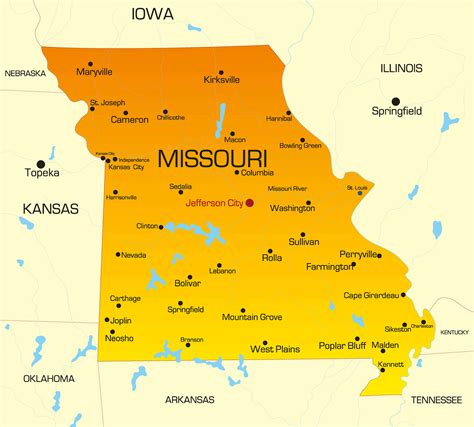Missouri University of Science and Technology (Missouri S&T) offers a wide range of financial aid options to help students pay for college. In the 2022-2023 academic year, Missouri S&T awarded over $200 million in financial aid to students, including scholarships, grants, loans, and work-study programs.

Types of Financial Aid Available
Missouri S&T offers the following types of financial aid:
- Scholarships: Scholarships are free money that does not have to be repaid. Missouri S&T offers a variety of scholarships, including merit-based scholarships, need-based scholarships, and athletic scholarships.
- Grants: Grants are also free money that does not have to be repaid. Grants are typically awarded to students with financial need. Missouri S&T offers a variety of grants, including federal grants, state grants, and institutional grants.
- Loans: Loans are borrowed money that must be repaid with interest. Missouri S&T offers a variety of loans, including federal loans, private loans, and alternative loans.
- Work-Study Programs: Work-study programs allow students to work part-time on campus to earn money to help pay for college. Missouri S&T offers a variety of work-study programs, including work-study in the library, work-study in the dining hall, and work-study in the computer lab.
How to Apply for Financial Aid
To apply for financial aid at Missouri S&T, students must complete the Free Application for Federal Student Aid (FAFSA). The FAFSA is a form that collects information about the student’s family income and assets. The FAFSA is used to determine the student’s eligibility for federal and state financial aid.
Tips for Getting Financial Aid
There are a few things that students can do to increase their chances of getting financial aid.
- Apply for financial aid early. The earlier you apply for financial aid, the more likely you are to get the most aid possible.
- Complete the FAFSA accurately and completely. Make sure you answer all of the questions on the FAFSA correctly and completely. If you make a mistake, your FAFSA may be delayed or denied.
- Provide documentation to support your FAFSA. If you are asked to provide documentation to support your FAFSA, do so promptly. Providing documentation can help to ensure that your FAFSA is processed quickly and accurately.
- Appeal your financial aid award if you think it is incorrect. If you think your financial aid award is incorrect, you can appeal it. The appeal process is a way to challenge your financial aid award and request a change.
Common Mistakes to Avoid
There are a few common mistakes that students make when applying for financial aid.
- Not applying for financial aid early. The earlier you apply for financial aid, the more likely you are to get the most aid possible.
- Incomplete or inaccurate FAFSA. Make sure you answer all of the questions on the FAFSA correctly and completely. If you make a mistake, your FAFSA may be delayed or denied.
- Not providing documentation to support your FAFSA. If you are asked to provide documentation to support your FAFSA, do so promptly. Providing documentation can help to ensure that your FAFSA is processed quickly and accurately.
- Not appealing your financial aid award. If you think your financial aid award is incorrect, you can appeal it. The appeal process is a way to challenge your financial aid award and request a change.
FAQs
Q: What is the FAFSA?
A: The FAFSA is the Free Application for Federal Student Aid. It is a form that collects information about the student’s family income and assets. The FAFSA is used to determine the student’s eligibility for federal and state financial aid.
Q: How do I apply for financial aid?
A: To apply for financial aid, you must complete the FAFSA. The FAFSA is available online at StudentAid.gov.
Q: What is the deadline to apply for financial aid?
A: The FAFSA deadline is June 30. However, it is important to apply for financial aid early to increase your chances of getting the most aid possible.
Q: What is the Expected Family Contribution (EFC)?
A: The EFC is a measure of how much your family is expected to contribute to the cost of your education. The EFC is calculated using the information you provide on the FAFSA.
Q: What is the difference between a grant and a loan?
A: A grant is free money that does not have to be repaid. A loan is borrowed money that must be repaid with interest.
Q: What is the difference between a subsidized loan and an unsubsidized loan?
A: A subsidized loan is a loan that the federal government pays the interest on while the student is in school. An unsubsidized loan is a loan that the student is responsible for paying the interest on while in school.
Conclusion
Financial aid can help make college more affordable. By applying for financial aid early and completing the FAFSA accurately and completely, students can increase their chances of getting the most aid possible.
